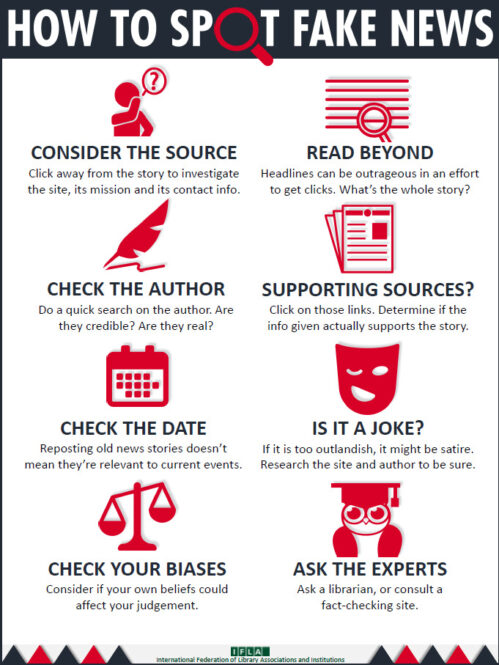6 Ways for Finding and Sharing Reliable Religious Information Online
February 1, 2022

Facts are the most precious and contested commodity online. As interfaith leaders, we believe that it is necessary to have our traditions and communities, and those of others, accurately represented. Learning how to navigate facts versus falsehoods online is one of the most important skills we need to develop.
Here are six ways to make sure that the religious information you are receiving and sharing online is reliable:
1. Check your sources. It’s important to listen and learn from communities telling their own stories.
2. Make sure the religion websites you are using are provided by the tradition itself. For instance, for information about Roman Catholics, make sure the site/source is connected with an actual Roman Catholic church or organization. Other good sources of information about religion can come from websites sponsored by reputable universities and libraries.
3. If you are following a person talking about religion whom you do not know, feel free to do a search on them to see what comes up. It is good to know the biases that the people you follow hold (we all have them) so you are aware of how to evaluate their posts. Beware of anyone reaching out with agendas so aggressive that you don’t have space to think and have your own opinion.
4. Take a moment before passing along a social media post about religion. Sometimes misinformation is passed through seemingly innocuous memes. Dr. Heidi Campbell, a professor of communications at Texas A&M University, has done some important research on memes and stereotypes.
Share
Related Articles
Higher Education
American Civic Life
Higher Education
5. It is fine to share your own beliefs and stories. Recognize that not everyone, even from your own tradition, will agree with you, but let it be an opening for more opportunities for them to learn about you and your tradition and for you to learn about theirs.
6. Most importantly, as you develop your interfaith leadership online, remember to stop, research, and reflect before posting anything that you believe might not be accurate, so that you will gain a reputation as a trusted source yourself.
How do we stop the flow of harmful disinformation? Some look to the digital platforms that serve as conduits and argue that these private media companies are liable for disinformation published by users on their platforms. For a particularly compelling reflection on the responsibilities of social media companies, see Sacha Baron Cohen’s 2019 address at the ADL.
Whether or not we can influence some of these wider internet policy conversations, interfaith leaders can help stem the tide of mis- and disinformation now by being intentional about activity online. To train yourself to be critical of what you see, be aware that social media posts are sometimes disseminated by bots rather than humans, and share reliable sources about your own and others’ traditions.
More resources:

For more, visit the open-source #Interfaith curriculum. This article is excerpted from the #Interfaith lesson on faith, facts, and truth online.



